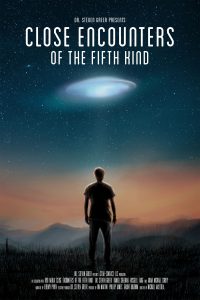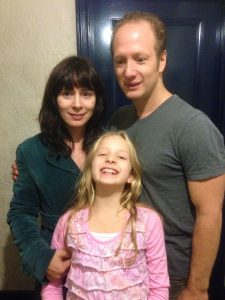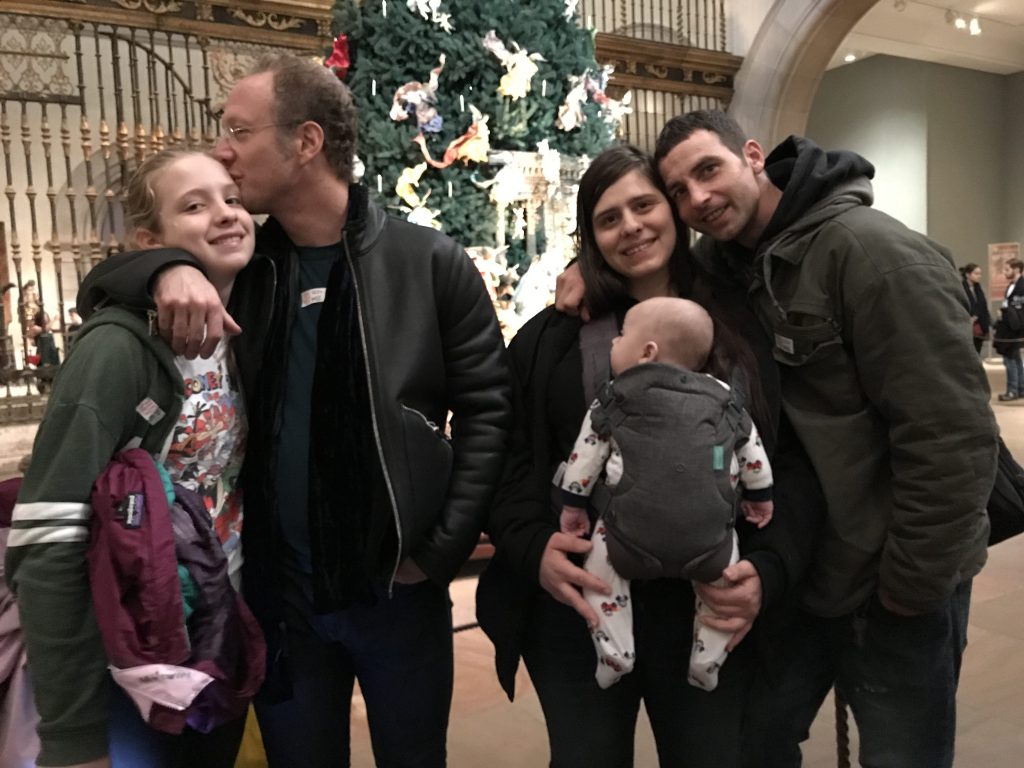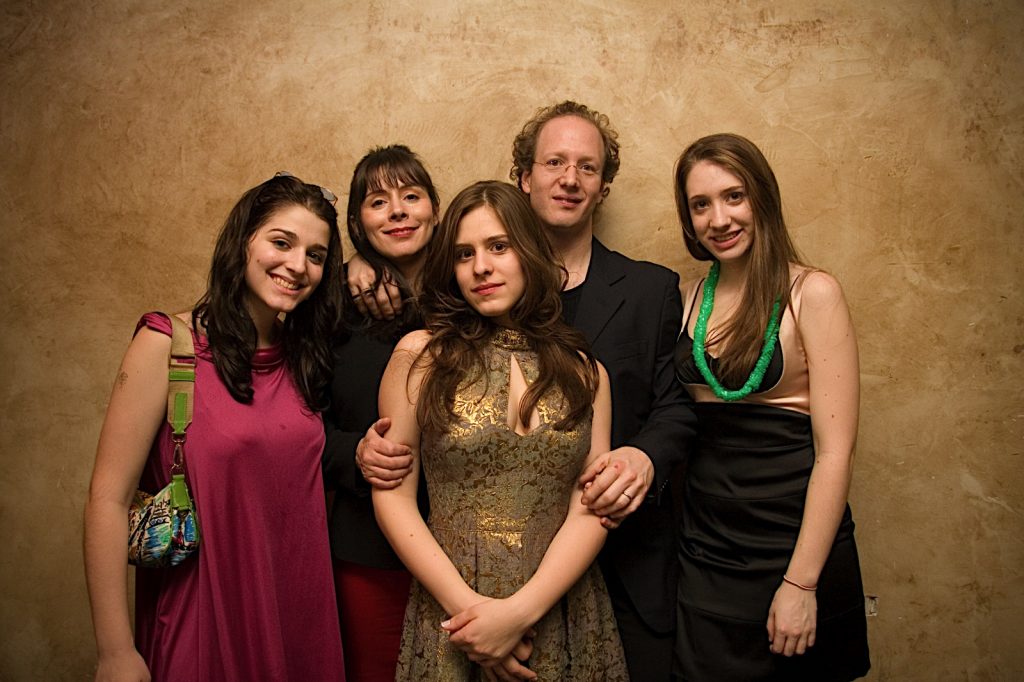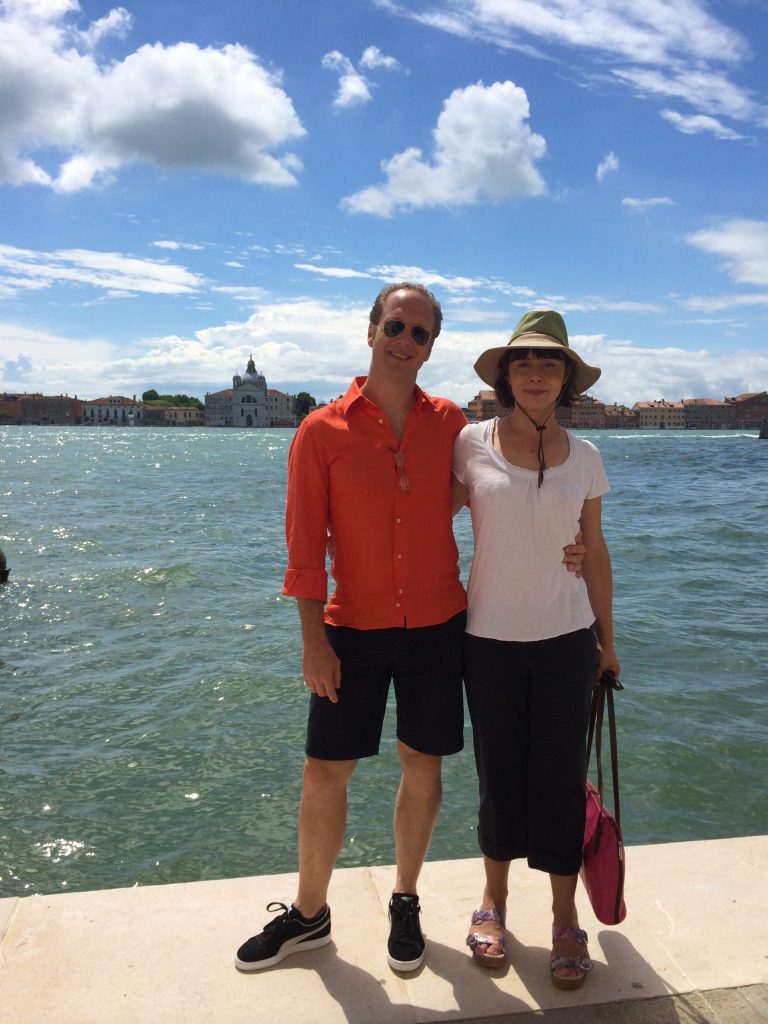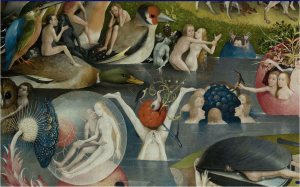E.B. White & Winding the Clock
Of late things have been hard.
My heart is broken. Broken again, for the 3477th time this life.
“Hope is the thing that is left to us, in a bad time,” wrote E. B. White, to a despairing Mr. Nadeau. The actual first paragraph of White’s letter said:
“As long as there is one upright man, as long as there is one compassionate woman, the contagion may spread and the scene is not desolate. Hope is the thing that is left to us, in a bad time. I shall get up Sunday morning and wind the clock, as a contribution to order and steadfastness.”
I must say, on this journey, I have met some extraordinary people. Amazing, wonderful people. They hail from disparate walks of life, different races, different cultural backgrounds. Some are immigrants, no two from the same country of origin.
They share a love for Freedom.
They are passionate. They are quirky. They are independent. They tend to be wildly intelligent and creative and brimming with life.
They tend to be honest.
Right now some feel inconsolable.
I feel fortunate to have encountered these souls, who are all, as I am, beset with difficult feelings.
People I considered friends have shown their true colors. I know now who really has my back. It’s painful and it’s good.
I counseled some lovely friends: “We must think of ourselves as the Londoners during the War. They thought God had forgotten them. God-Goddess-All-that-Is hadn’t forgotten them then, and hasn’t forgotten us now.”
But E.B. White that masterful wordsmith said it better:
It is quite obvious that the human race has made a queer mess of life on this planet. But as a people we probably harbor seeds of goodness that have lain for a long time waiting to sprout when the conditions are right. Man’s curiosity, his relentlessness, his inventiveness, his ingenuity have led him into deep trouble. We can only hope that these same traits will enable him to claw his way out.
Hang on to your hat. Hang on to your hope. And wind the clock, for tomorrow is another day.
So tomorrow I will rise too early, as always. Luminate coffee with coconut creamer and coconut sugar, beguiling and delicious. I will wind the clock.



